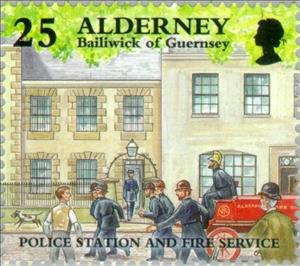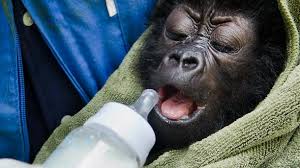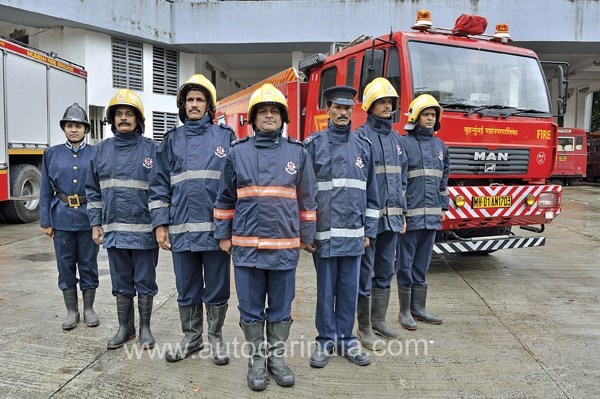Stamp: Historical events - Police Station & Fire Engine (Alderney 1998)
Historical events - Police Station & Fire Engine (Alderney 1998)
10 November (Alderney ) within release Garrison Island goes into circulation Stamp Historical events - Police Station & Fire Engine face value 25 Guernsey penny
| Stamp Historical events - Police Station & Fire Engine in catalogues | |
|---|---|
| Michel: | Mi:GG-AL 124 |
| Stanley Gibbons: | Sg:GG-AL 119 |
Stamp is horizontal format.
Printed Se-Tenant in strips of 2 (SGA118 to SG119)Also in the issue Garrison Island:
- Stamp - Historical Views - Alderney Post Office face value 20;
- Stamp - Historical events - Traders in Victoria Street face value 20;
- Stamp - Historical events - Court House face value 25;
- Stamp - Historical events - Police Station & Fire Engine face value 25;
- Stamp - Historical events - St Anne's Church face value 30;
- Stamp - Historical events - Wedding Party at Albert Gate face value 30;
- Stamp - Historical events - 'Courier' (ferry) at Braye Bay face value 37;
- Stamp - Historical events - Fisherman at Quay face value 37;
Stamp Historical events - Police Station & Fire Engine it reflects the thematic directions:
Mammals are any vertebrates within the class Mammalia (/məˈmeɪli.ə/ from Latin mamma "breast"), a clade of endothermic amniotes distinguished from reptiles (including birds) by the possession of a neocortex (a region of the brain), hair, three middle ear bones and mammary glands. All female mammals nurse their young with milk, secreted from the mammary glands. Mammals include the largest animals on the planet, the great whales. The basic body type is a terrestrial quadruped, but some mammals are adapted for life at sea, in the air, in trees, underground or on two legs. The largest group of mammals, the placentals, have a placenta, which enables the feeding of the fetus during gestation. Mammals range in size from the 30–40 mm (1.2–1.6 in) bumblebee bat to the 30-meter (98 ft) blue whale. With the exception of the five species of monotreme (egg-laying mammals), all modern mammals give birth to live young. Most mammals, including the six most species-rich orders, belong to the placental group. The largest orders are the rodents, bats and Soricomorpha (shrews and allies). The next three biggest orders, depending on the biological classification scheme used, are the Primates (apes and monkeys), the Cetartiodactyla (whales and even-toed ungulates), and the Carnivora (cats, dogs, seals, and allies).
The domestic dog (Canis lupus familiaris or Canis familiaris) is a member of genus Canis (canines) that forms part of the wolf-like canids, and is the most widely abundant carnivore. The dog and the extant gray wolf are sister taxa, with modern wolves not closely related to the wolves that were first domesticated. The dog was the first domesticated species and has been selectively bred over millennia for various behaviors, sensory capabilities, and physical attributes. Their long association with humans has led dogs to be uniquely attuned to human behavior and they are able to thrive on a starch-rich diet that would be inadequate for other canid species. Dogs vary widely in shape, size and colours. Dogs perform many roles for people, such as hunting, herding, pulling loads, protection, assisting police and military, companionship and, more recently, aiding handicapped individuals. This influence on human society has given them the sobriquet "man's best friend".
The police are a constituted body of persons empowered by a state with the aim of enforcing the law and protecting the public order as well as the public itself.This commonly includes ensuring the safety, health, and possessions of citizens, and to prevent crime and civil disorder Their lawful powers encompass arrest and the use of force legitimized by the state via the monopoly on violence. The term is most commonly associated with the police forces of a sovereign state that are authorized to exercise the police power of that state within a defined legal or territorial area of responsibility. Police forces are often defined as being separate from the military and other organizations involved in the defense of the state against foreign aggressors; however, gendarmerie are military units charged with civil policing.Police forces are usually public sector services, funded through taxes.
A fire department (North American English) or fire brigade (Commonwealth English),also known as a fire company, fire authority, fire district, fire and rescue, or fire service in some areas, is an organization that provides fire prevention and fire suppression services as well as other rescue services.
Fire departments are most commonly a public sector organization that operate within a municipality, county, state, nation, or special district. Private and specialist firefighting organizations also exist, such as those for aircraft rescue and firefighting.
Animals are multicellular, eukaryotic organisms of the kingdom Animalia (also called Metazoa). All animals are motile, meaning they can move spontaneously and independently, at some point in their lives. Their body plan eventually becomes fixed as they develop, although some undergo a process of metamorphosis later on in their lives. All animals are heterotrophs: they must ingest other organisms or their products for sustenance.
An anniversary is the date on which an event took place or an institution was founded in a previous year, and may also refer to the commemoration or celebration of that event. For example, the first event is the initial occurrence or, if planned, the inaugural of the event. One year later would be the first anniversary of that event. The word was first used for Catholic feasts to commemorate saints. Most countries celebrate national anniversaries, typically called national days. These could be the date of independence of the nation or the adoption of a new constitution or form of government. The important dates in a sitting monarch's reign may also be commemorated, an event often referred to as a "Jubilee".





